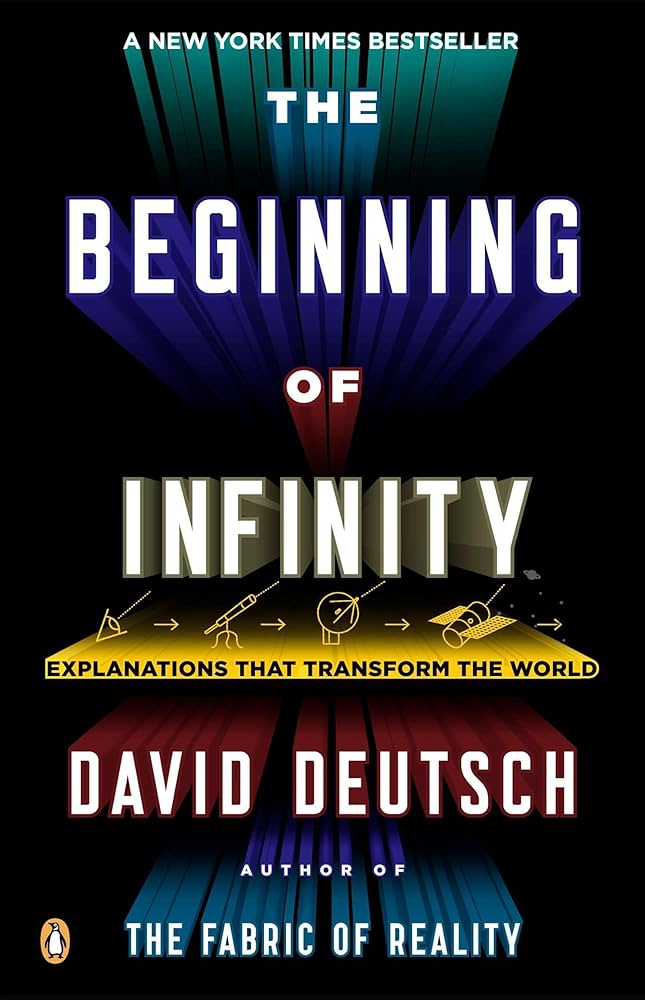AI Summary
Sam Altman, CEO of OpenAI, shares his journey from computer nerd to tech visionary, revealing how the company transformed from a research lab into a consumer technology giant. Altman discusses the pivotal moment when ChatGPT's release exceeded expectations and led to a strategic pivot. He now sees three pillars for OpenAI's future: building a giant internet company, developing AI models, and continuing research and innovation.
In a candid and far-reaching conversation with
Stratechery, OpenAI CEO Sam Altman opens up about his journey from computer nerd to tech visionary, revealing the unexpected transformation of OpenAI from an ambitious research lab into one of the world's most influential consumer technology companies.
From St. Louis to Silicon Valley: The Making of a Tech Visionary
Sam Altman's story begins like many in tech—with an early fascination with computers. Growing up in a quiet St. Louis suburb, young Altman was captivated by the "glory days of computing" when one could "immediately do whatever you wanted on the computer." This early passion led him to Stanford and then to founding Loopt at just 19 years old.
Though Loopt was eventually acquired after seven years (what Altman candidly describes as a "failed startup"), it connected him to Y Combinator, where he would eventually rise to leadership. "I was both tremendously grateful and thought it was the coolest thing," Altman recalls about his early YC experience. "It was this wonderful community of people."
After running YC, Altman made the surprising decision to step away and focus on a new venture: OpenAI. When asked about his personal motivation, Altman is direct: "I believed before then, I believed then, I believe now, that if we could figure out how to build AGI and if we could figure out how to make it a net good force in the world, it would be one of the most exciting, interesting, impactful, positive things anybody could ever do."
The Accidental Consumer Tech Company: How ChatGPT Changed Everything
Perhaps the most fascinating aspect of OpenAI's story is how the organization stumbled into becoming a consumer technology powerhouse. Altman describes the early days of OpenAI as "a research lab with no idea, no even sketch of an idea." Far from having a business
model, the initial team was "like an academic research lab lost in the wilderness."
The pivotal moment came with the release of ChatGPT in late November 2022. Altman reveals that many within OpenAI didn't believe the release would generate much excitement, as it was running on GPT-3.5 rather than the more advanced GPT-4 they had in development.
"A lot of people thought it was going to totally flop," Altman recalls. "I thought it was going to do well. No one obviously thought it was going to do as well as it did."
The response shocked everyone. "Every day, there'd be a surge of users, it would break our servers. Then nighttime would come, it would fall, and everyone was like, 'It's over, that was just a viral moment'. And then the next day the peak would get higher."
By the fifth day, Altman recognized what was happening: "I know what's going to happen here, I've seen this movie a bunch of times." But even he underestimated the magnitude of what was to come. In just six months, OpenAI transformed "from basically not a company to a whole big company."
The Strategic Pivot: From Research Lab to Platform
This unexpected success forced a dramatic strategic pivot. Altman admits he never imagined running "a big consumer Internet company," adding: "I did not think I was signing up to have to run a big consumer Internet company. I knew from my previous job... how difficult in some ways it is to have to run one of these giant consumer companies."
When asked about the value of OpenAI's consumer platform versus its state-of-the-art models, Altman's answer is revealing: the platform with billions of users will be more valuable in five years. He compares AI models to transistors—"There's going to be a lot of it, it's going to diffuse into everything, it's going to be cheap... and it on its own will not be a differentiator."
Instead, Altman sees three strategic pillars for OpenAI's future:
- Building a giant internet company with "a combination of several different key services" bundled together
- Developing the inference stack for cheaper, more abundant AI computation
- Continuing to produce the best research and models
The Revenue Question: Subscriptions vs. Advertising
One of the most pressing business questions for OpenAI is how to monetize its massive user base. While many internet platforms with billions of users turn to advertising, Altman expresses skepticism about this approach.
"I hope not," Altman says when asked if advertising is inevitable. "I'm not opposed. If there is a good reason to do it, I'm not dogmatic about this. But we have a great business selling subscriptions."
Instead of traditional advertising, Altman suggests alternative revenue streams, such as taking a small percentage of e-commerce purchases made through Deep Research: "If you buy something through Deep Research that you found, we're going to charge like a 2% affiliate fee or something. That would be cool, I'd have no problem with that."
Altman admits, however, that he simply doesn't like ads that much—echoing the early sentiments of many tech founders who eventually embraced advertising models.
Opening Up: The Future of OpenAI's Models
Perhaps the most surprising hint Altman drops concerns OpenAI's approach to open-sourcing its models. When asked about competitors like DeepSeek making their models freely available, Altman suggests OpenAI may follow suit: "Yeah, I think we should do that."
While careful not to make any official announcements, Altman strongly implies that OpenAI may be reconsidering its approach to openness—potentially returning to its original mission of making AI widely accessible.
This shift raises questions about whether the company's earlier concerns about AI safety were overblown. Altman offers a nuanced view: "I still think there can be big risks in the future. I think it's fair that we were too conservative in the past. I also think it's fair to say that we were conservative, but a principle of being a little bit conservative when you don't know is not a terrible thing."
The Next Horizon: GPT-5 and the Future of AI
Looking ahead, Altman teases several exciting developments. He confirms that GPT-5 is coming soon ("The new one won't be super long") and hints that the free tier of ChatGPT will eventually get access to GPT-5—a significant change in OpenAI's pricing strategy.
On the question of whether AI can truly create new things rather than just recombining existing knowledge, Altman references David Deutsch's book "The Beginning of Infinity," suggesting that human creativity itself may just be "taking something you saw before and modifying it a little bit." If that's the case, "then AI is good at modifying things a little bit."
His advice for graduating high school seniors reflects this perspective on AI's transformative potential: "The obvious tactical thing is just get really good at using AI tools. Like when I was graduating as a senior from high school, the obvious tactical thing was get really good at coding. And this is the new version of that."
The Human Behind the AI Empire
Despite OpenAI's phenomenal success, Altman remains surprisingly grounded. When asked about his newfound celebrity status, particularly evident during his appearance at Davos, Altman is candid: "That was a weird experience of feeling like a genuine celebrity, and my takeaway was that says much more about the people that go to Davos than it says about me."
He admits that the rapid rise to fame "has been a strange and not always super fun experience," noting that in San Francisco he feels "very observed," while in other cities he's "kind of left alone."
This human side of Altman offers a fascinating contrast to the technological revolution he's helping to lead—a reminder that behind even the most transformative technologies are people navigating their own unexpected journeys.
As OpenAI continues to evolve from research lab to consumer tech giant, Altman's vision of beneficial AI that's "widely distributed" remains consistent. The path to achieving this vision, however, continues to surprise even him.
Recent Posts













